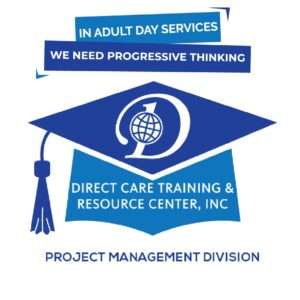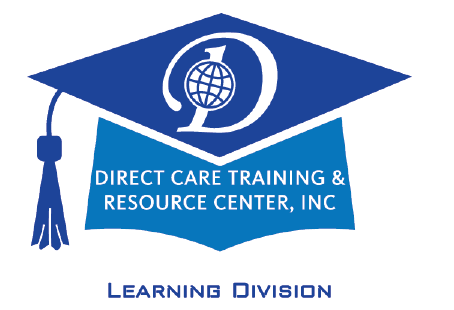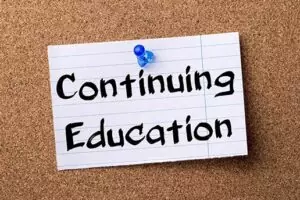Adult Day Care is Evolving and Operators Must Evolve as Well
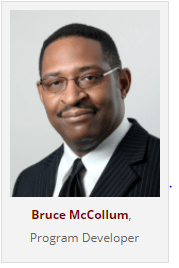 From the 1980’s adult day care has surely changed. These changes have impacted regulatory designations, services offered, varying model types and more. When I started in 1994 – long before I helped develop and re-develop hundreds of programs across 3 continents – our focus was solely on the geriatric population and services to each program participant were pretty much identical.
From the 1980’s adult day care has surely changed. These changes have impacted regulatory designations, services offered, varying model types and more. When I started in 1994 – long before I helped develop and re-develop hundreds of programs across 3 continents – our focus was solely on the geriatric population and services to each program participant were pretty much identical.
Today, that program approach simply does not work by itself. This does not mean that programs should stop focusing on the elderly, especially those with dementia. We have wonderful programs across the world doing just that. My point is that for program economic survival and to be truly diverse in services to your community, you need a broad approach.
This trade article is designed to provide guidance and suggestions on varying programs types which can accomplish two, (2) primary objectives. These are:
- Enhance how widely you can effectively serve your community
- Diversify your income sources
Let’s start with program structure. In this section we will review several approaches that can help you to initially survive and then to thrive. Far too many encounter the hurdle of not knowing that many Medicaid waiver agents will not contract with you and purchase your services for Medicaid waiver enrollees until you have existed for two, (2) years. The question becomes: “If they were to make an exception, would your program stand out for consideration?” Let’s review…
- Specialization
Programs looking for attention need to specialize. What does this mean? Perhaps your program can have two, (2) barrier free showers in order to render personal care to the chronically obese. How about the autistic young man who splashes too much for a regular fitted shower?

Or, perhaps your program can cater to the specific glucose control and nutritional needs of diabetics. Whatever road you choose, specialization will make a difference.

2. Neurological Focus
Other programs, generally led by occupational therapists and other professionals, cater to those with traumatic brain and related neurological injury. These patients benefit from the systematic approach to improving memory function, eye-hand coordination, rebuilding of social skills post-injury and more. Many who have bene injured in work accidents and in auto collisions, especially in Michigan benefit from these cognitive day programs.
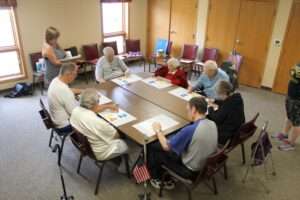
The Cognitive Day Treatment Therapy Program is usually an intensive outpatient program for people following an acquired or traumatic brain injury, stroke or other neurological impairment. Therapy will address cognitive deficits in the areas of orientation, attention, memory, problem solving, planning, organization and executive functioning. This program model, which normally runs three to five days a week includes individual and group treatments based on the needs of each participant. Individual therapies may include physical therapy, aquatic therapy, occupational therapy, speech therapy and psychology.
Specialized Groups should include:
- Cognitive Skills Group
- News and Notes Group
- Psychosocial Group
- Acquired Brain Injury Resource Group
- Chemical Usage Education Group
- Community Out-trip
- Interpersonal Skills Group
- Occupational Therapy Group
Daily rates can run from $250.00 to $500.00 per day, depending upon the patient’s specific needs.
3. Mental Health
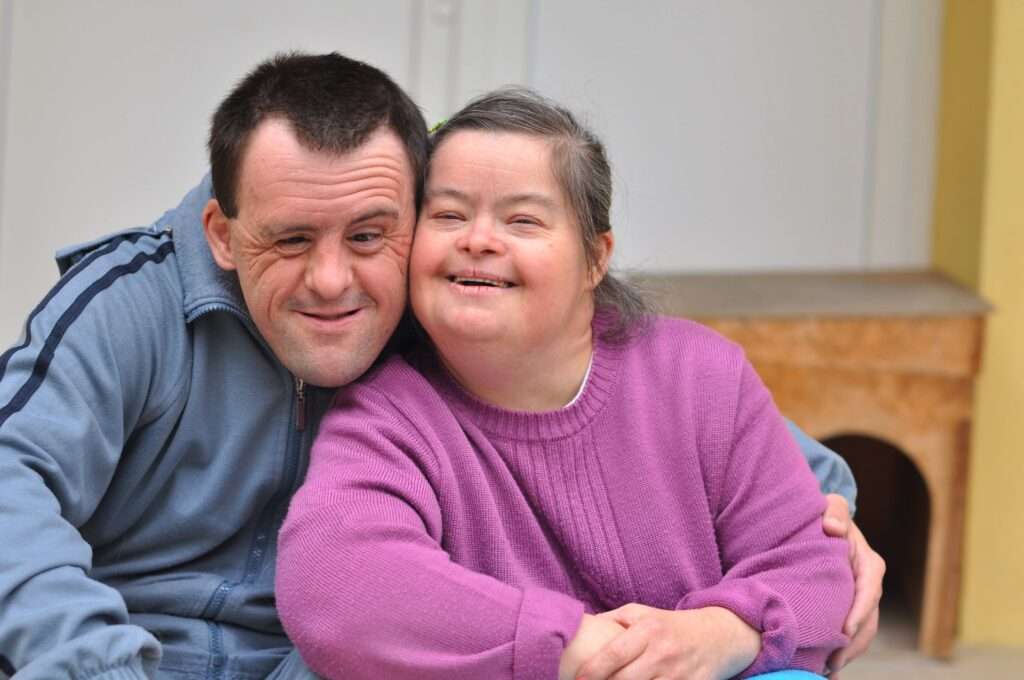
Other programs cater to those with mental illness and developmental limitations. Programs of this type help with behavioral management, executive function and activities of daily life. Providers often contract with community mental health agencies and are reimbursed for half day and full day schedules.
4. Rehabilitation
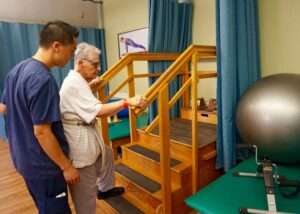
The more progressive programs are also seeking Medicare certification as Comprehensive Outpatient Rehabilitative Facilities (CORF) and can provide the services of a:
- Nurse
- Physician
- Occupational Therapist
- Physical Therapist
- Speech Therapist
- Respiratory Therapist
- Social Work/Psychological Professionals
This allows a day program to provide a comprehensive array of services in a clinically competent and person-centered way. It truly is care along the continuum.
For more details or to request assistance in program development, please reach out to:
| Ms. Lashawna Manigault
Direct Care Training & Resource Center, Inc. lashawnadirectcaretraining@gmail.com 866.982.4449 Ext. 102 |
Mr. Bruce McCollum
Direct Care Training & Resource Center, Inc. bruce@care.7hubwebsolution.com 866.982.4449 Ext. 101 (Weekend calls returned) |
________________________________________________________________________
Another Blog Post by Direct Care Training & Resource Center, Inc. Photos used are to complement the written material and do not imply an endorsement by or affiliation with any individual nor entity and may belong to their respective copyright holders.

